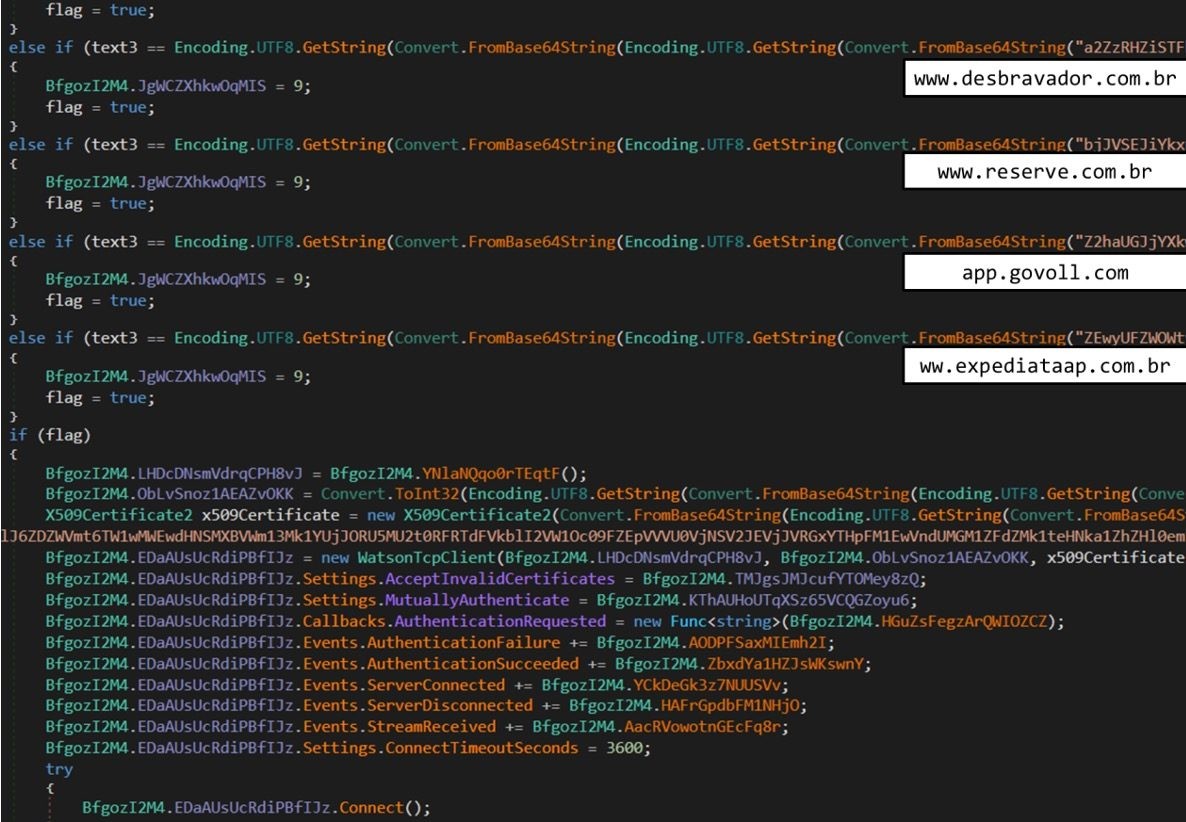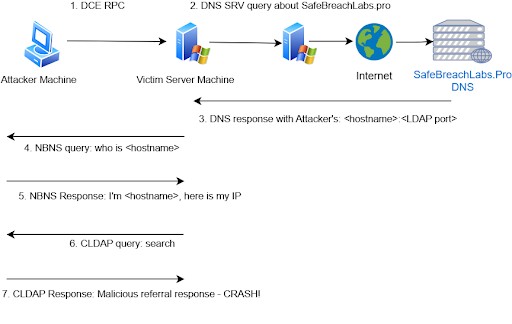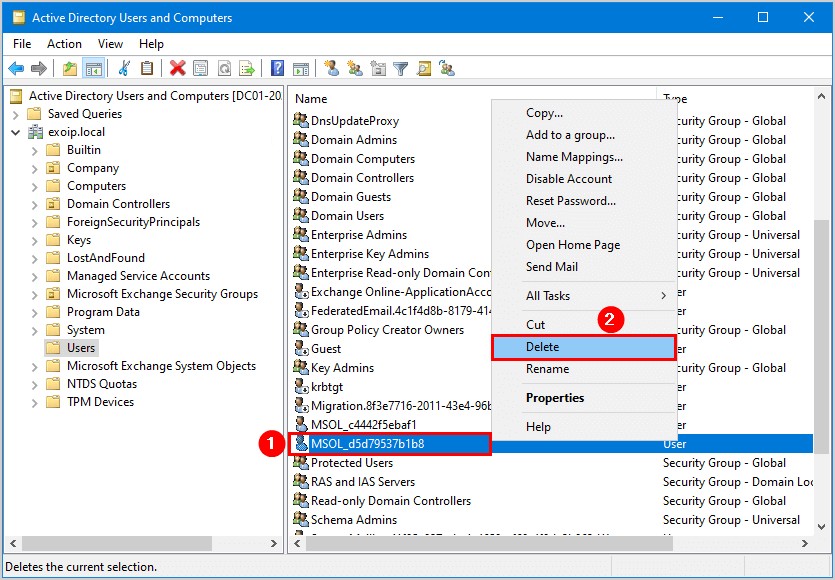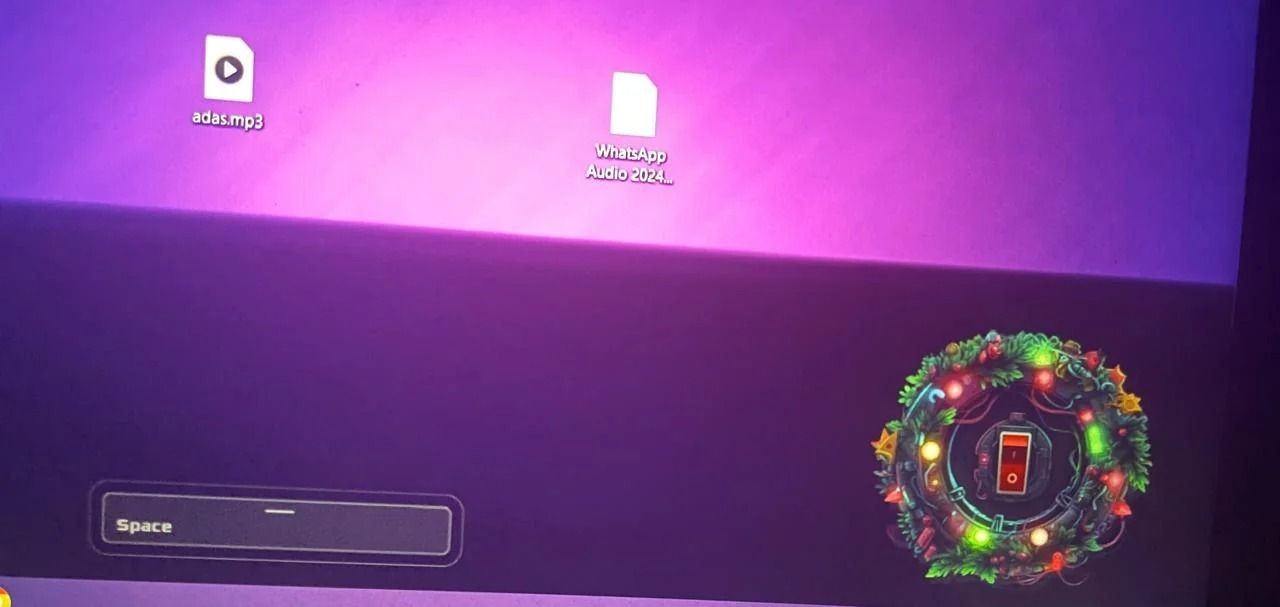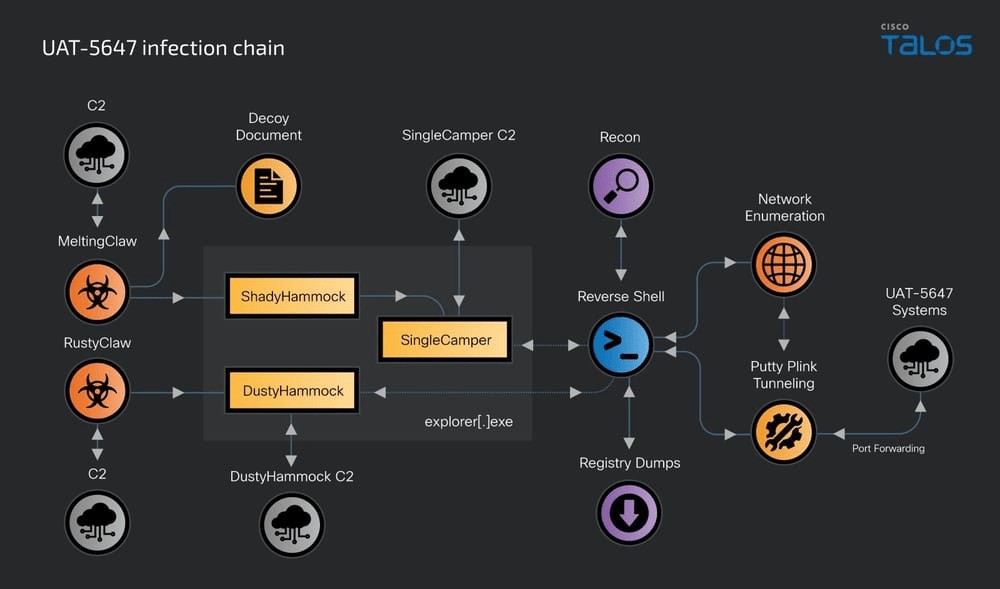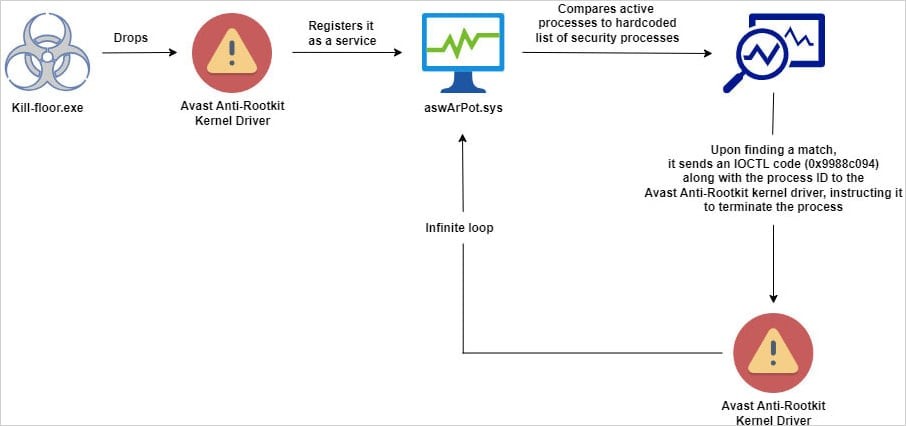Brazilian Banking Malware 'Coyote' Expands Target List to Over 1,000 Financial Sites
A sophisticated Windows malware strain called Coyote has dramatically expanded its attack scope, now targeting over 1,030 websites and 73 financial institutions in Brazil. The threat employs advanced techniques including keylogging, screenshot capture, and phishing overlays to steal sensitive credentials.
Malware Campaign Impersonates Windows LDAP Vulnerability Research
Security researchers have discovered a deceptive GitHub repository distributing infostealer malware while masquerading as proof-of-concept code for a Windows LDAP vulnerability. The sophisticated multi-stage attack harvests sensitive system data and exploits confusion around two separate LDAP vulnerabilities.
Critical Active Directory Flaw Threatens Windows Server Infrastructure
A severe vulnerability in Microsoft's Active Directory system could enable attackers to crash multiple Windows servers simultaneously through LDAP exploitation. The critical flaw, rated 9.8 CVSS, affects domain controllers and requires immediate patching to prevent potential widespread attacks.
Critical BitLocker Flaw Enables Full Encryption Bypass on Latest Windows 11
A persistent vulnerability in Microsoft's BitLocker encryption system allows attackers with physical access to completely bypass protection on fully-updated Windows 11 devices. The 'bitpixie' exploit works even on systems using Secure Boot and TPM, raising serious concerns about BitLocker's security in enterprise environments.
Asus Holiday Banner Triggers False Malware Alerts and User Panic
A festive desktop popup from Asus' Armoury Crate software has sparked widespread concern among users who mistook it for malware. The poorly branded Christmas-themed banner, running as 'Christmas.exe', led to an outcry on forums and highlighted communication issues with the company.
HeartCrypt: The $20 Malware Service Making Cyber Attacks More Accessible
A new malware packing service called HeartCrypt has emerged, allowing criminals to hide malicious code in legitimate-looking software for just $20. The service's sophisticated concealment techniques and growing adoption by cybercriminals highlight evolving threats in the cybersecurity landscape.
Zero-Click Attack: RomCom Hackers Chain Firefox and Windows Flaws in Sophisticated Campaign
Russian-aligned RomCom hackers exploited two zero-day vulnerabilities in Firefox and Windows to silently compromise systems across Europe and North America. The sophisticated attack required no user interaction, highlighting the growing capabilities of state-sponsored threat actors.
Avast Anti-Rootkit Driver Exploited by Hackers to Disable Windows Security
Cybercriminals have discovered a way to abuse Avast's legitimate anti-rootkit driver to bypass Windows security protections and terminate antivirus processes. The 'Bring Your Own Vulnerable Driver' technique allows attackers to gain elevated system privileges by exploiting the trusted, signed driver.
